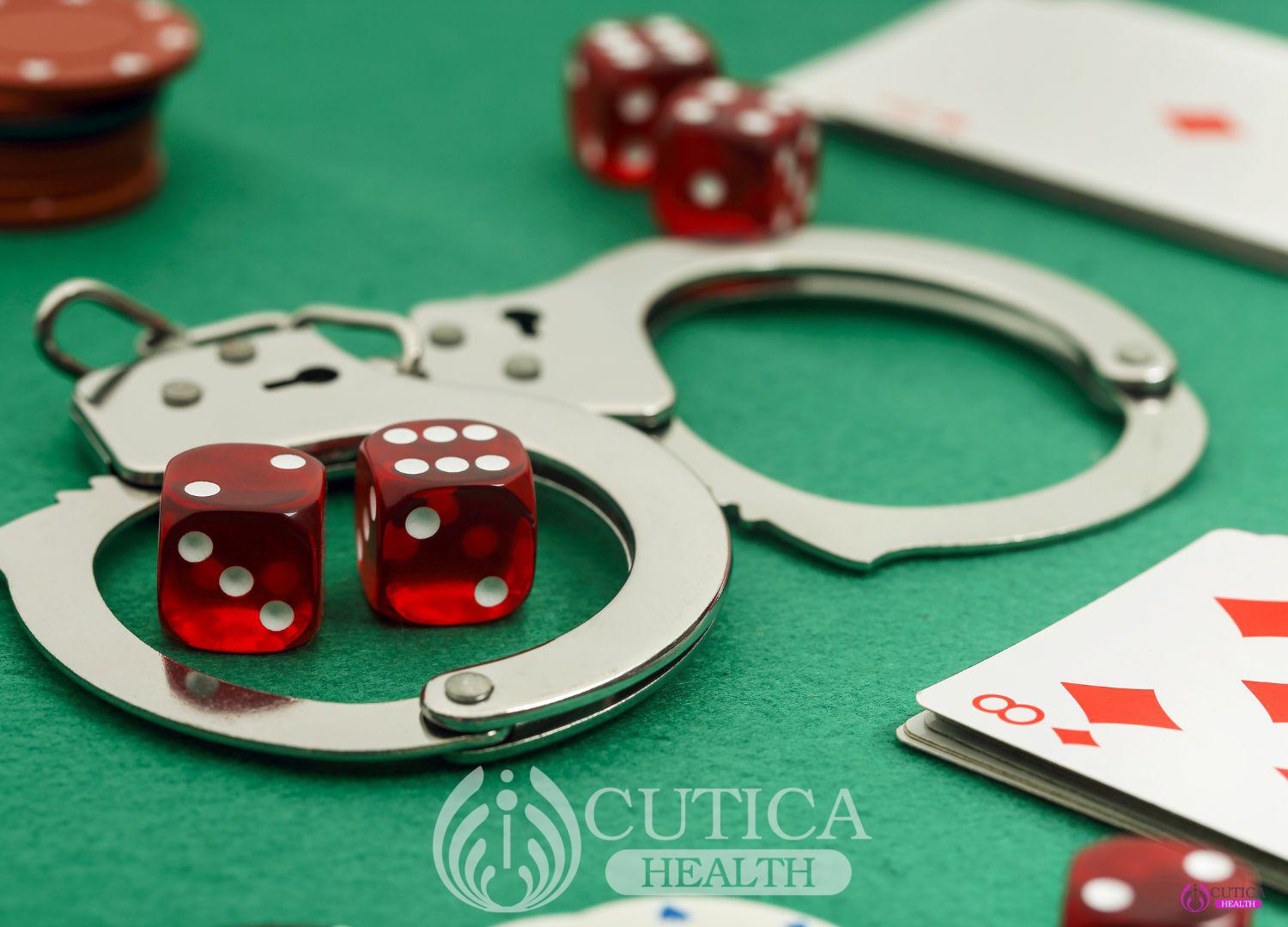
“James started gambling when he was 15. a couple of his friends from school had told him about an easy way to multiply his meager income. Okon promised that he could gain 50,000 from 50 naira and thus, James’ interest in gambling was born. Since then, he has sold valuable items, stolen from his parents, and even lied to friends and extended family to get money to feed the habit.”
Gambling is often perceived as a form of entertainment and potential financial gain, but it can spiral into a severe addiction for many individuals. Gambling addiction, also known as compulsive gambling or gambling disorder, is a behavioral addiction characterized by the uncontrollable urge to gamble despite negative consequences. Similar to substance addiction, it involves the brain's reward system, where the anticipation of a win triggers a release of dopamine, reinforcing the behavior. Over time, individuals with gambling addiction experience a loss of control, continuing to gamble despite severe financial, emotional, and social repercussions.
Signs and Symptoms
Identifying gambling addiction can be challenging, as individuals may hide their behavior due to shame or denial. Common signs to watch out for include:
- Preoccupation: constant thoughts about gambling and planning the next bet, often at the expense of other responsibilities.
- Loss of control: inability to stop gambling, even when aware of the negative consequences.
- Financial problems: accumulating debts, borrowing money, or resorting to illegal means to fund gambling habits.
- Emotional distress: mood swings, irritability, anxiety, or depression related to gambling outcomes.

Effects of Gambling Addiction
The consequences of gambling addiction extend beyond the individual to impact families, communities, and society at large:
- Financial hardship: people with gambling addiction spend large amounts of money feeding the habit. Compulsive gamblers may experience bankruptcy, job loss, homelessness, and strained interpersonal relationships due to financial mismanagement.
- Psychological effects: gambling brings about high financial losses and interpersonal challenges that can result in depression, anxiety disorders, substance abuse, and suicidal thoughts or attempts.
- Social isolation: many compulsive gamblers steal from friends and families to fund the habit. They may use funds meant for school fees, house rents, or even company projects. Consequently, they may lose their social support networks, withdraw from family and friends, and experience strained interpersonal relationships, and legal issues.
How Is It Managed?
Treating gambling addiction often requires a multifaceted approach tailored to individual needs:
1. Cognitive Behavioral Therapy (CBT): this is a therapeutic strategy used to help individuals identify and change harmful thought patterns and behaviours associated with gambling.
2. Motivational Interviewing: this is a treatment strategy that encourages individuals to explore and resolve their ambivalence towards changing their gambling behavior.
3. Medication: in some cases, medication such as antidepressants or mood stabilizers may be prescribed to manage co-occurring mental health disorders such as depression or anxiety.
4. Support Groups: programs like Gamblers Anonymous can provide peer support, encouragement, and accountability.

Conclusion
Gambling addiction is a serious condition that affects individuals, their families, and their communities. While gambling appears to be an enjoyable, harmless past-time, it can quickly become a harmful social addiction with negative consequences for the individual. Through education, support, and early intervention, recovery from gambling addiction is possible.












